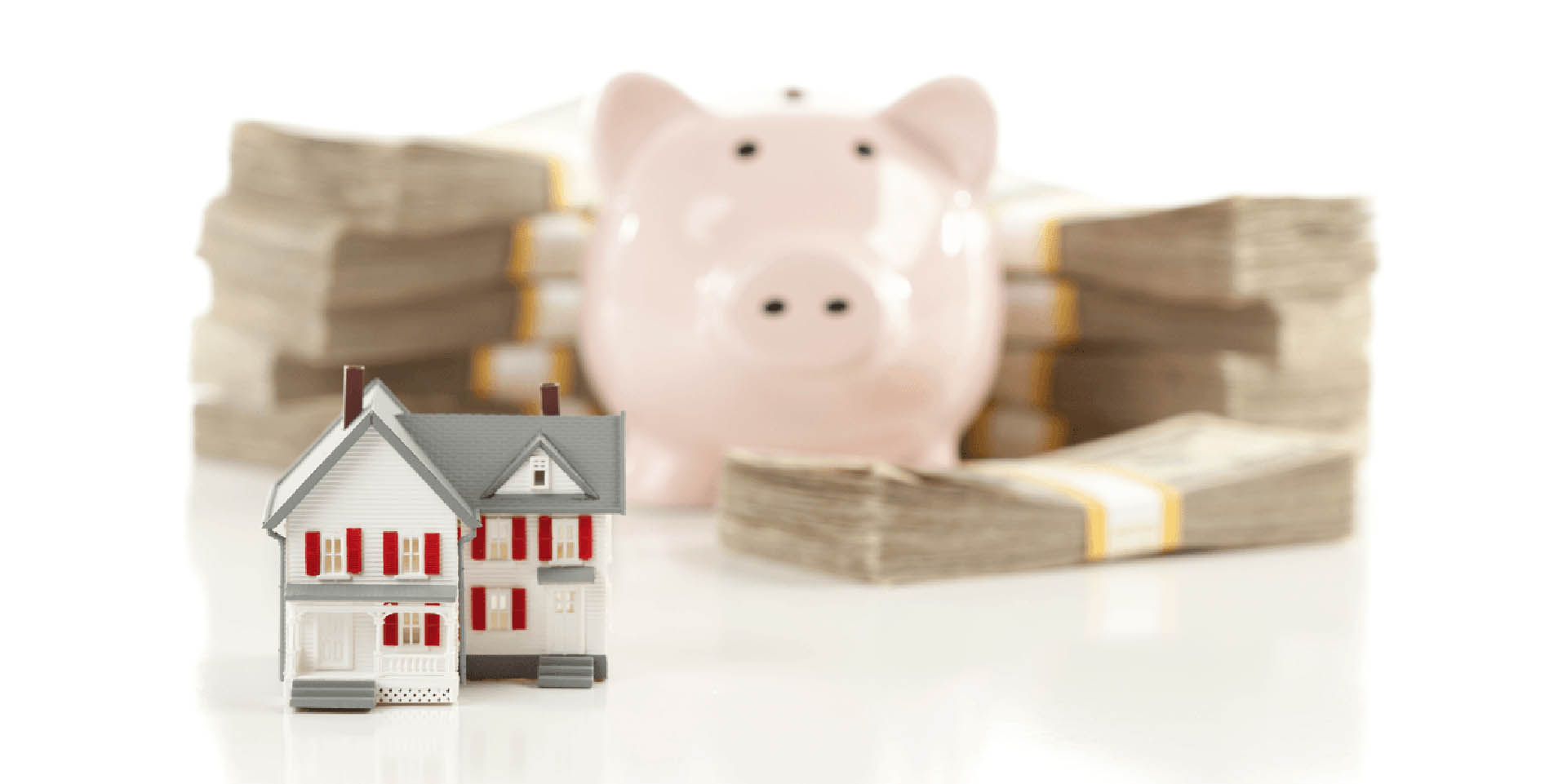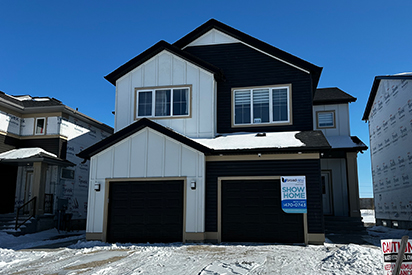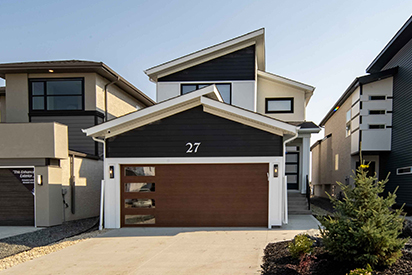What is Home Equity and How Does it Work?

 If you’ve been living in your home for a while, you’ve probably heard a little bit about home equity, but you may not be entirely sure what it is and how it can benefit you. In easy-to-understand terms, the equity is the amount of your home’s value that you “own.” Building up equity is one of the reasons why it usually makes more sense to buy a home instead of renting. You can use your equity to your advantage, but you have to be smart about it.
If you’ve been living in your home for a while, you’ve probably heard a little bit about home equity, but you may not be entirely sure what it is and how it can benefit you. In easy-to-understand terms, the equity is the amount of your home’s value that you “own.” Building up equity is one of the reasons why it usually makes more sense to buy a home instead of renting. You can use your equity to your advantage, but you have to be smart about it.
Calculating Your Equity
To calculate your equity, simply subtract the amount you still owe on your mortgage from the value of the home. If your home was worth $250,000, and you have $100,000 left to pay on the mortgage, you’d have $150,000 in equity.
It’s easy to calculate using your original purchase price, but home values often change. This fluctuation means your equity may be more or less than what you’ve paid for the home through mortgage payments.
 For instance, let’s say you bought the home for $300,000 and have $100,000 left on your mortgage. Through a combination of your down payment and your mortgage payments, you’ve paid $200,000 toward the home. If the home increased in value and is now worth $350,000, you’d actually have $250,000 in equity – $50,000 more than you actually paid! However, if the home is now worth only $250,000, you’d only have $150,000 in equity even though you’ve paid $200,000 towards the home.
For instance, let’s say you bought the home for $300,000 and have $100,000 left on your mortgage. Through a combination of your down payment and your mortgage payments, you’ve paid $200,000 toward the home. If the home increased in value and is now worth $350,000, you’d actually have $250,000 in equity – $50,000 more than you actually paid! However, if the home is now worth only $250,000, you’d only have $150,000 in equity even though you’ve paid $200,000 towards the home.
Building Equity with Mortgage Payments
Every time you make your monthly payment, you increase your equity just a little. It’s important to realize, though, that not all of your mortgage payment goes toward the principal balance. It also goes toward property taxes, homeowners’ insurance, and interest on the loan. In the first few years of the mortgage, a larger percentage of the payment goes toward interest.
For instance, out of a $1,000 monthly payment, only $200 might go toward the principal. If you can afford to pay more each month – or put a big chunk of your annual bonus toward the mortgage payment – you increase your equity and decrease the overall amount of interest you must pay.
Borrowing Against Your Home Equity
Once you’ve built up some equity, banks will usually offer you a home equity loan or a home equity line of credit. The interest rates on these types of loans are generally lower than credit cards or other types of loans. That makes it a good option for homeowners who need some quick cash to solve specific problems.
However, paying back a loan with interest does mean you’re paying more than you’re borrowing. You have to think carefully about whether a home equity loan or line of credit is right for a particular situation.
When You Should and Shouldn’t Use Equity
Many homeowners never take out a loan against their equity. They simply wait until it’s time to sell the home, then use the equity they get from the sale as a down payment on their next home. This is an excellent use of the money.
It’s smart to take out a loan from the equity when you need to make some major repairs on the home. If you’re doing these repairs to get your home ready for a sale, you’ll be able to repay the loan in full when you sell the home.
Some families even take out a home equity loan when they need a down payment on their next home but haven’t sold their current home. This is a good option for those who are building a new home and need to live in their current one for a few more months.
 It’s not usually smart to take out a loan for things like a family vacation or to pay off credit card debt. Furthermore, you can generally get better deals on home improvement projects elsewhere. For instance, home improvement stores sometimes offer interest-free payments for up to a year on certain purchases.
It’s not usually smart to take out a loan for things like a family vacation or to pay off credit card debt. Furthermore, you can generally get better deals on home improvement projects elsewhere. For instance, home improvement stores sometimes offer interest-free payments for up to a year on certain purchases.
Avoid Overestimating Equity
While it’s generally easy to estimate how much equity you have in your home, you want to take care that you don’t overestimate. For instance, when taking out a home equity loan or line of credit, lenders typically limit the amount you can borrow to up to 90 percent of the value of the home.
Additionally, you can never be certain how much you’ll get when you sell your home. You may have had to settle for $20,000 less than your asking price. You may have to drop your price several times before you even get a nibble. Once you sell, you also have to pay legal fees and the real estate agent’s fees, and there are home buying costs to prepare for. These things can also eat into the amount of equity you thought you had.
Home equity is money that allows you to take your life to the next level. You can use it to upgrade your current home or buy a new one. The key is to use it wisely. Always compare all of your options before you make a decision.
Photo credits: pig, save, heloc





















